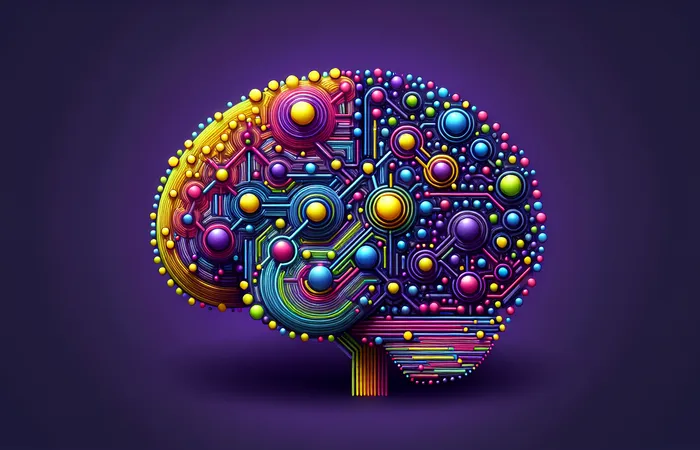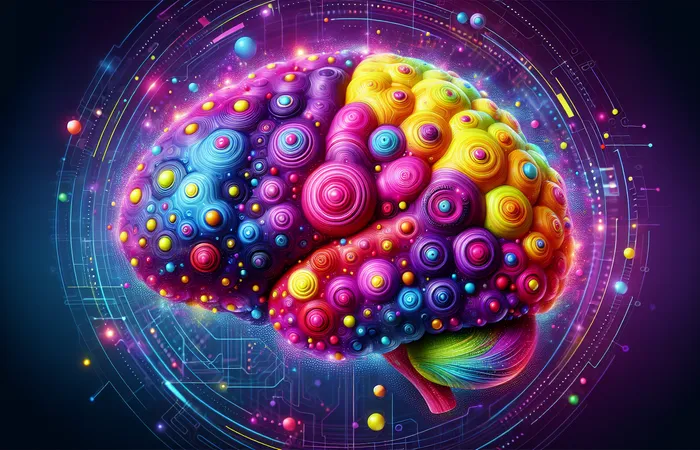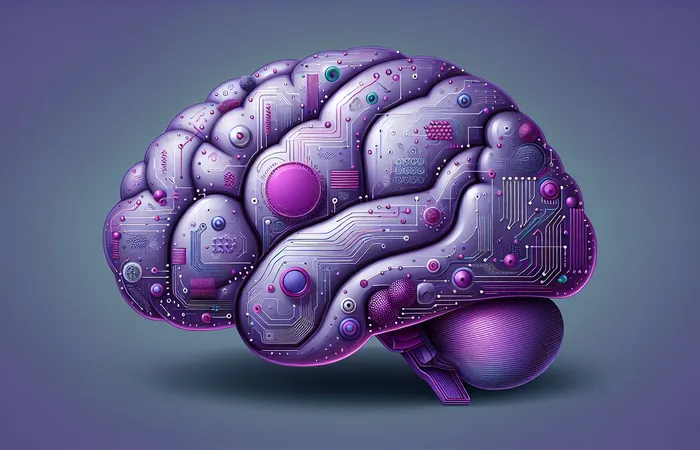Harnessing AI to Personalize Corporate Training

In an era where technology and innovation shape corporate landscapes, embracing Artificial Intelligence (AI) for personalized training can significantly enhance employee engagement and organizational growth.
The Growing Importance of Personalized Corporate Training
Personalized corporate training has emerged as a game-changer in the workplace learning environment. As businesses strive to maintain competitive edges, tailoring training programs to individual needs ensures relevance and maximizes the impact of learning initiatives. Standardized, one-size-fits-all training approaches are increasingly inadequate, resulting in disengagement and inefficiency.
Artificial Intelligence (AI) offers a promising solution, making it easier for companies to customize training content to the unique needs and skills of their workforce. By integrating AI into the fabric of corporate training, businesses can cultivate a culture of continuous learning and adaptation, thus staying ahead in a rapidly changing market.
Understanding AI's Role in Corporate Training
AI's potential in revolutionizing corporate training lies in its ability to gather and process vast amounts of data. By analyzing employee performance, preferences, and learning styles, AI creates adaptive learning paths that cater to each individual's specific needs. This tech-based approach means employees receive content that aligns perfectly with their existing knowledge and desired career trajectory.
Moreover, AI-driven learning management systems (LMS) offer automated feedback, suggesting supplementary resources or alternative training modules when necessary. This dynamic adaptability ensures employees remain engaged, ultimately leading to higher retention rates and a more skilled workforce.
Enhancing Engagement with AI-Driven Content
One of the main challenges in corporate training is maintaining employee engagement. Traditional training methods often suffer from low engagement rates due to generic and monotonous content presentation. AI tackles this issue by leveraging data analytics to determine what types of content resonate best with employees.
With AI, training content can be diversified: interactive quizzes, immersive simulations, or gamified modules can be trickled into learning pathways. This not only boosts engagement but also improves knowledge retention. Employees are more likely to absorb and apply their training when presented in a stimulating, interactive format.
Measuring Success with AI Analytics
As training becomes more personalized, measuring its success becomes equally critical. AI provides sophisticated analytics capabilities that allow employers to monitor the effectiveness of their training programs in real time. By tracking metrics like course completion rates, skill improvement, and employee feedback, businesses gain valuable insights into the impact of their training initiatives.
This data-driven approach enables continuous improvement. Companies can quickly identify what's working and what isn't, making data-backed adjustments to optimize their programs. This proactive refinement ensures the workforce remains equipped with the skills needed to meet evolving business demands.
Overcoming Challenges in Implementing AI in Corporate Training
While the benefits of AI in personalized corporate training are significant, the journey to implementation isn't without challenges. Costs associated with deploying advanced AI technologies can be prohibitive for many companies. Moreover, the transition to an AI-based system often requires a shift in organizational culture—a change that requires careful planning and management.
To successfully implement AI in corporate training, organizations need a clear strategy that aligns with their broader goals. This involves investing in the right technology, fostering a culture of innovation, and ensuring top-tier data security protocols are in place to protect sensitive personnel information.
The Future of AI-Driven Corporate Training
As AI technology continues to advance, the future of corporate training looks increasingly promising. We anticipate even greater personalization capabilities, with AI systems becoming adept at predicting employee training needs before they arise. Virtual reality (VR) and augmented reality (AR) may enhance learning experiences further, offering immersive environments tailored to individual learning objectives.
Furthermore, as AI systems improve their natural language processing (NLP) abilities, we might see training programs incorporating sophisticated chatbots—enabling seamless, 24/7 interaction and support.
In conclusion, embracing AI in corporate training is not merely a trend, it's a strategic imperative. By harnessing AI's power to create personalized, engaging, and effective learning experiences, companies can not only boost employee productivity and satisfaction but also ensure they remain industry leaders in the digital age.



